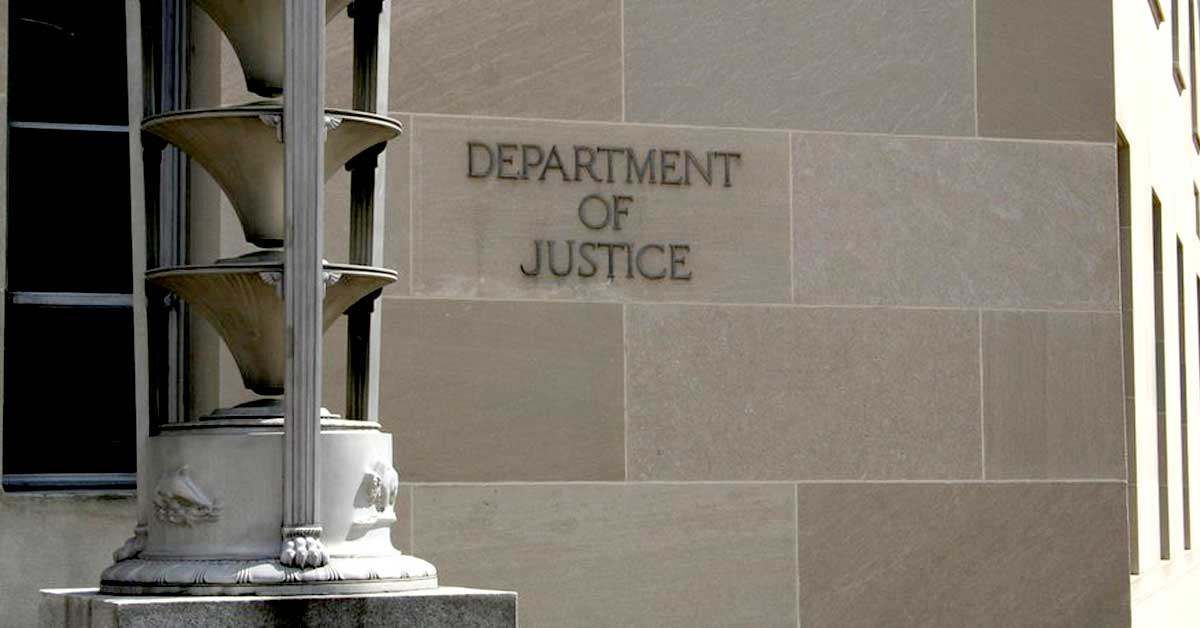This week’s Innovation Partner BioBlog looks at the ways in which various groups, governments and others are tackling the high cost of drugs. President Trump signed a bipartisan bill eliminating the gag clause for pharmacists, a move which could open the way for pharmacists to advise patients on lower-cost alternatives. Advertisements for drugs covered under Medicare and Medicaid may need to include pricing for medicines over $35. China’s government approved 17 anti-cancer drugs for inclusion in its national health insurance coverage to make them more affordable for patients. This and more in the Innovation Partners BioBlog.

DOJ approves $69B CVS-Aetna merger with Part D divestiture
The Department of Justice (DOJ) approved a $69 billion CVS-Aetna merger on Wednesday after Aetna agreed to sell off its Part D business. The Part D divestiture was a condition of the merger approval, according to the DOJ. Late last month, Aetna agreed to sell its 2.2 million Part D business to WellCare. The move is expected to resolve any concerns expressed by the DOJ’s antitrust division over the merger.
Read More
Trump administration to require drug companies to include prices in television ads
The Trump Administration continues to push against the pharmaceutical industry with the Centers for Medicare & Medicaid Services releasing a proposed rule that would require them to post prices in advertisements. The rule would apply only to those drugs covered by Medicare and Medicaid and to those that cost $35 or more.
Read More
Geisinger, Dignity Health among 1,300 providers to sign up for CMS’ bundled payment model
Providers from Adventist Health, Dignity Health, Geisinger Health System and Sutter Health are among the first to sign up for CMS’ bundled payments model. According to a report, 1,299 providers signed up for Bundled Payment for Care Improvement (BPCI) Advanced program. This includes 832 acute care hospitals and 715 physician group practices across 49 states, the District of Columbia and Puerto Rico. The hope is that bundled payments will reduce administrative burdens.
Read More
Trump signs bills ending pharmacy gag clauses
On Wednesday, President Trump signed two bipartisan bills that will impact pharmacy gag clauses. The Patient Right to Know Act and the Know the Lowest Price Act allows pharmacists to tell patients that they could save money on drugs by paying cash or trying a lower-cost alternative. Studies indicate that almost 23% of patients overpay for medications. Removing the gag clause could have significant impacts on purchasing decisions.
Read More
Mayo Clinic researchers identify gene types driving racial disparities in myeloma
Researchers at Mayo Clinic have identified three specific gene types that account for a known two-to-three-fold increase in myeloma diagnoses among African-Americans. Researchers also demonstrated the ability to study race and racial admixture more accurately using DNA analysis. Myeloma, a serious blood cancer, occurs two to three times more frequently among African Americans than among Caucasians. Researchers studied 881 patients from various racial groups to conduct their research. The findings were published in the Blood Cancer Journal this month.
Read More
Pathology Test Uses Artificial Intelligence to Predict Prostate Cancer Progression Following Surgery
Tests using artificial intelligence (AI) concluded that AI can predict prostate cancer progression following surgery. A study conducted at the Icahn School of Medicine at Mount Sinai and published in Nature Prostate Cancer and Prostatic Diseases utilized tissue samples from 590 patients after radical prostatectomy. The system uses inflorescence to detect things in samples the human eye cannot. The AI, called the Precise MD post-op test, predicted significant disease progression with a greater degree of accuracy as compared with models that incorporated only clinical features such as the traditional Gleason score, or a Prostate-Specific Antigen (PSA) test.
Read More
China approves 17 anti-cancer drugs for medical insurance coverage
The Chinese government has approved 17 anti-cancer drugs as part of its national health coverage insurance system. China’s State Medical Insurance Administration has been in negotiations with domestic and overseas pharmaceutical companies to lower prices and put more cancer drugs on the list of medicines eligible for reimbursement. The move is intended to help more people obtain necessary medications for cancer treatment.
Read More




